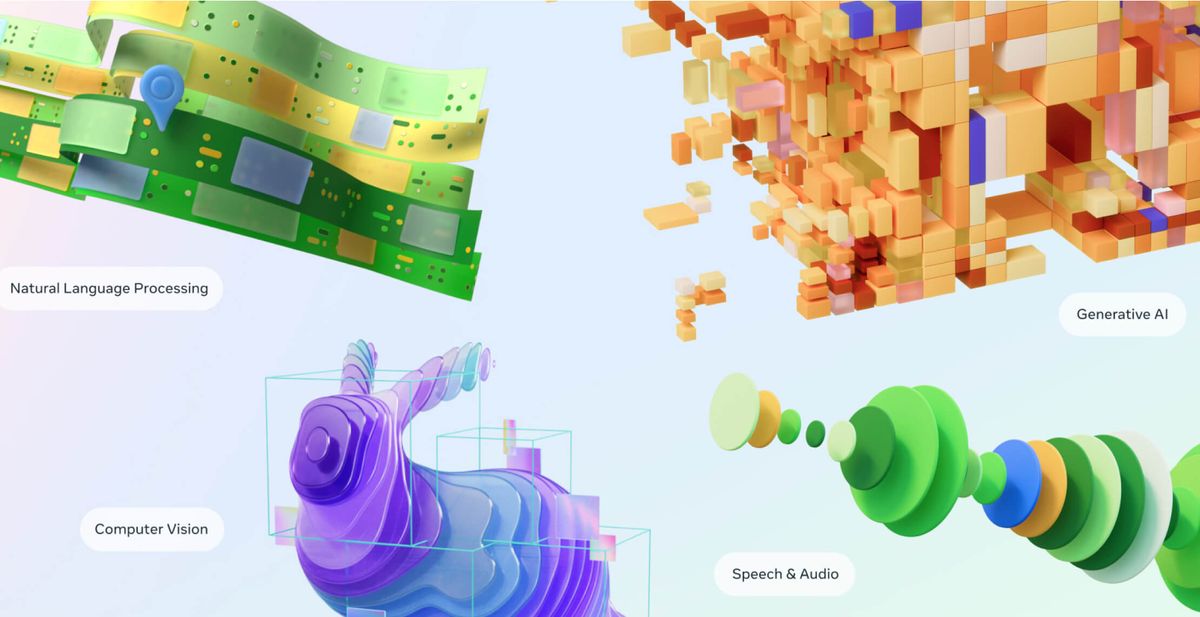
Meta, the social media giant turned metaverse company, is facing an internal crisis within its AI research lab, Fundamental AI Research (FAIR). A recent report by The Information has shed light on a series of departures of key AI researchers from Meta, revealing a deeper issue of internal feuds over the allocation of computing resources. According to the report, this exodus is more than just a talent drain—it's a symptom of ongoing tensions and resource limitations that the AI industry at large is grappling with.
Following the AI breakthroughs from OpenAI and other tech giants, Meta rushed to release its otinywn large language models that it hoped could compete. But with limited compute power to go around, the teams within FAIR clashed over resource allocation, sparking resentment and defections.
In 2022, a mostly US-based FAIR team released OPT-175B, a 175 billion parameter model. Meanwhile, a team based in Paris started developing the smaller Llama model, believing its efficiency could rival larger models.
But the Paris team felt shortchanged on compute power versus the OPT team. Allocation disputes escalated up the chain of command, but tensions simmered.
Things came to a head in February this year when FAIR publicly launched LLAMA. A week prior, FAIR's Paris head Antoine Bordes had resigned—overworked and burnt out from moving to California hours. His exit exacerbated divides between the US and Paris teams and led to defections from both. Ultimately, Meta scrapped the OPT model and shifted members of both teams to collaborate on Llama 2.
The public has lauded Meta for its release of LLAMA and Llama 2, which offered free, open-source alternatives to state-of-the-art models from OpenAI and Anthropic. However, this praise didn't quell the unrest among some researchers and engineers at FAIR, many of whom have left the company.
For some, the tensions trace back to FAIR's founding mission of open-ended AI research, which has shifted as Meta prioritizes products. FAIR labs worldwide pursued diverse projects, from MRI advances to natural language. But pressure mounted to incorporate AI post-ChatGPT, even as resources were limited.
Of course, struggles over computing resources are not unique to Meta. As generative AI development becomes increasingly complex and resource-intensive, many tech giants find themselves grappling with the limitations of available specialized chips.
This issue is complicating efforts to retain AI researchers, who are in increasingly high demand across various sectors. The Information's report highlights that more than half of the 14 authors of the original Llama research paper have left Meta, with several moving on to AI startups or other big tech companies. Similarly, all the authors of the seminal transformers paper that sparked the current wave of generative AI have left Google.
Joelle Pineau, the head of FAIR, acknowledged in an interview with The Information that the allocation of computing resources is decided on a roughly monthly basis by a group of leaders from different parts of the business.
She admitted to "some tension" between the Llama and other teams over these allocations. Pineau's statements bring into focus the challenging balancing act that leaders have to perform in allocating finite resources among competing projects, all while keeping top-tier talent engaged and adequately resourced.
“Retention and attraction of good talent is probably where I spend most of my time, because without great researchers, I can’t do anything,” said Joelle Pineau, head of FAIR, to The Information.
Adding another layer of complexity are the structural changes within Meta itself, including companywide layoffs initiated last November. Then in February, Meta established a new team to focus on generative AI technologies for its apps, pulling several people from FAIR's already dwindling pool of researchers.
The company is still figuring out the ideal structure, but agility and collaboration across teams will be key if they hope to remain competitive. The AI talent wars won't make it easy, but Meta's resources give it an advantage if it can retain and attract researchers.

